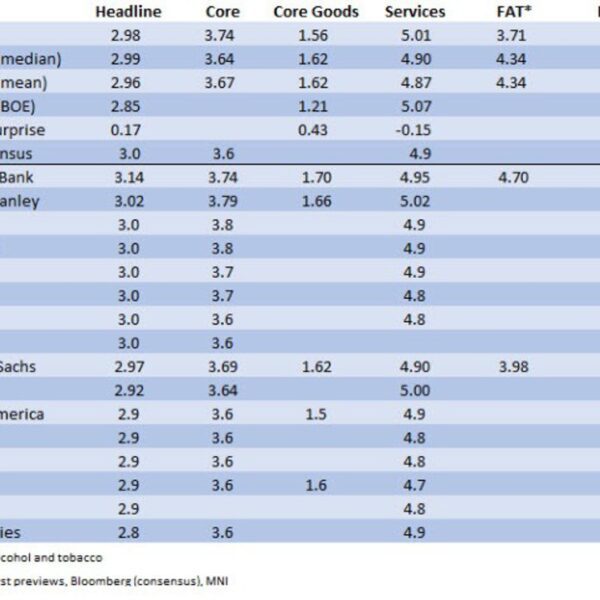
Jeju City tax officials have moved to freeze and seize cryptocurrencies tied to people they believe owe unpaid taxes, part of a wider probe that checked nearly 3,000 residents.
According to local reports, authorities looked into 2,962 people who together owed close to 20 billion won (about $14 million), and found 50 of them held crypto on major exchanges.
Local Tax Office Uses AI
Based on reports, the city’s tax division used AI tools to scan exchange records and trace possible hidden holdings. Officials reviewed data from Bithumb, Dunamu’s Upbit, Coinone and Korbit to match accounts to outstanding tax bills.
The checks turned up roughly $166,270 in combined crypto assets tied to those 50 accounts — about 230 million won when converted — and the city has named the exchanges as third-party debtors to begin freezing and securing those coins.
South Korea has given local and national tax bodies the power to confiscate crypto from delinquents since laws passed in 2021, and Jeju’s action follows a string of similar moves elsewhere.
As of today, the market cap of cryptocurrencies stood at $3.83 trillion. Chart: TradingView
Reports show authorities across the country seized large sums in the last few years as they enforced tax collections, with national totals in the hundreds of millions of dollars.
That legal backing makes it easier for cities to ask exchanges for customer data and to designate accounts for seizure when debts go unpaid.

Image: Hyatt
Exchanges Named As Third-Party Debtors
Designating an exchange as a third-party debtor means the platform may be required to freeze assets and hand them over if the tax debts remain.
For people who keep funds on exchanges, that raises immediate risk. If you owe more than a certain amount, your crypto could be locked or sold to cover what you owe.
The sums in Jeju’s case are small compared with national totals, but the move signals that local tax offices will use available data and tools to go after unpaid bills.
The sums seized in a single local sweep are unlikely to move global markets. Still, the practical effect is real for individuals and exchanges.
People who keep crypto on domestic platforms may face faster enforcement, and exchanges will likely see more formal requests and stricter compliance checks. That could push some users to change how they hold digital assets or to be more punctual with tax filings.
Featured image from Little Holidays, chart from TradingView

Editorial Process for bitcoinist is centered on delivering thoroughly researched, accurate, and unbiased content. We uphold strict sourcing standards, and each page undergoes diligent review by our team of top technology experts and seasoned editors. This process ensures the integrity, relevance, and value of our content for our readers.















